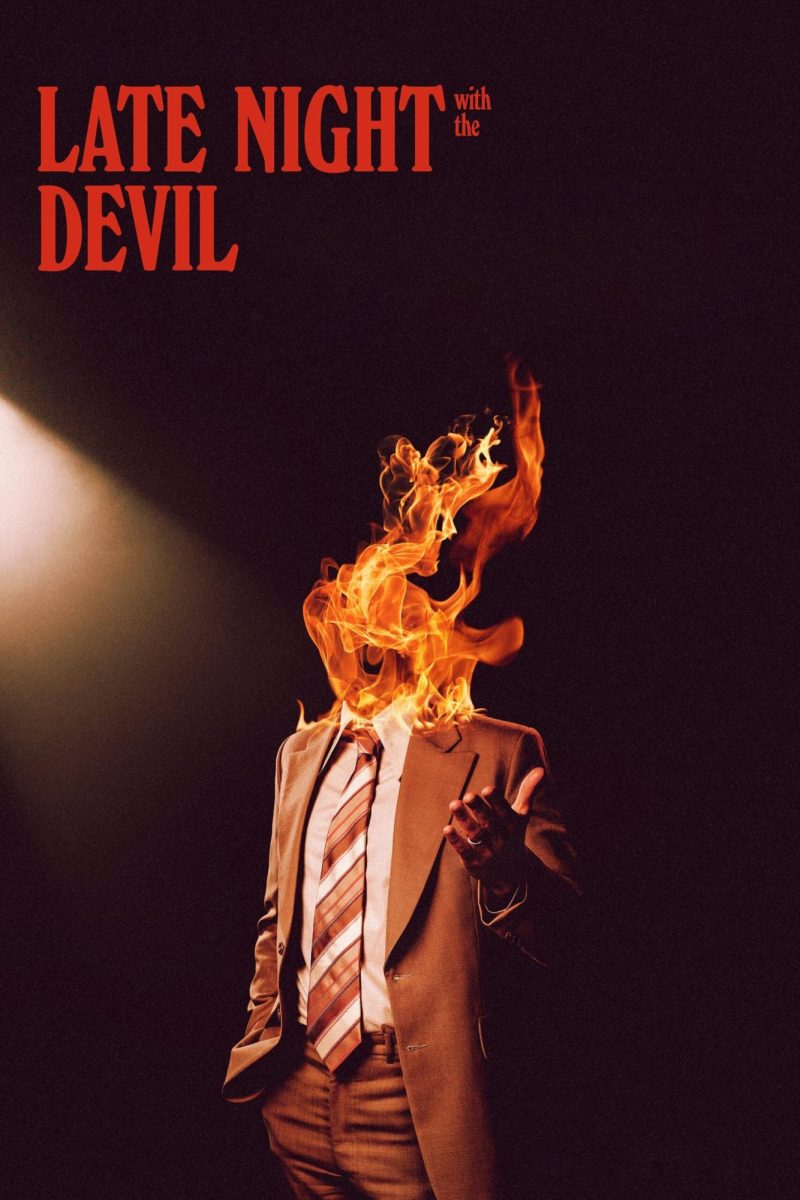“Beasts of No Nation” is a gorgeous film. The narrative of a boy, Agu (Abraham Attah), who is robbed of his family and conscripted into the combat unit of one African Commandant (Idris Elba), “Beasts” manages to be heart-wrenching and beautiful, oftentimes in the same instance. Writer, director and cinematographer Cary Joji Fukunaga captures the devastation of an African country torn by civil war; its vibrant use of color and imagery is formidable, and Fukunaga, perhaps most known for his work on the first season of the HBO hit television series “True Detective,” proves himself a to be a more than capable filmmaker.
His excellent eye for image is apparent from the film’s opening, as young boy Agu (the film’s hero) observes the children of his town playing soccer through the broken frame of a television set that he stole from his father. It’s a striking image, and one that works on a variety of levels. In one way, it captures the idyllic nature of Agu’s life with his family before things go horribly awry; in another, it breaks a kind of barrier that lies between the audience and the action onscreen. The television frame has no glass or material screen – you can reach your hand through it, no problem.
The events as viewed through the screen are in this way rendered that much closer, or real. Fukunaga, from the first frame, issues his audience a kind of warning: they are about to get close, unbelievably so, to the action, to Agu and to the mud and the blood that is featured so prominently in every painstakingly staged shot. “Beasts” is a film that wants to affect its viewers, and for the most part it accomplishes just that with astounding gusto.
Perhaps the most prominent figure of the film besides Agu is the Commandant — the charismatic, frightening and somewhat darkly hilarious leader in charge of Agu’s unit of dispossessed and adolescent foot soldiers. He is a vividly drawn character, an illustration made all the more impressive by Elba’s incredible performance. Elba is captivating here, as he deftly portrays in equal measure the humanity and depravity of a man willing to coerce children without families to fight in a war that they have no business waging. The Commandant’s motivations are treated with as much attention as Agu’s, and one gets the sense that “Beasts” would not quite be the exceptional film it is without the capable performances of both Elba and Attah, who provide a backbone to the narrative.
Apart from some minor issues with pacing (the transition from the second act to the third happens a tad too quickly), “Beasts” has only one real weak point: narration. Intermittently, Agu will narrate, by way of voiceover, how he feels about any given situation; when a friend is killed and Agu is sad, he says as much. When Agu is conflicted after cleaving the head of an innocent man, he lets you know. This will often happen either during or immediately following pivotal moments in the film, and besides being distracting, it broadcasts too explicitly Agu’s inner conflict and lays out too plainly the film’s themes. This is perhaps a roundabout way of attesting to Attah’s performance, as he so embodies the character of Agu that it is easy, from his body language, interaction with fellow soldiers, physicality, etc. to read how he feels. There is enough information portrayed on screen that the monologues come off as overly hand-holdy.
It is worth noting that there is one moment towards the end of the film where the usually unnecessary internal monologue takes a turn that is compelling (Agu’s narration is typically addressed to God, or some undefined “other” – in this instance it is specifically a person from his past), but it is far too little payoff for so much nothing beforehand.
This is perhaps owed to the fact that “Beasts” is based off a book of the same title, written by Uzodinma Iweala, and is thus a holdover from the way the novel is written. But one would hope Fukunaga has enough faith in his actors to act without having to fall back on explicit telling.
These are, of course, only minor quibbles. By and large, “Beasts of No Nation” is successful in what it sets out to do. It is a powerful film, one that, if nothing else, stays with you, and encourages its audience to invest in the lives of its characters in such a way that is intensely personal and affecting.
‘Beasts’: Moving war drama
[email protected]
•
January 21, 2016
Story continues below advertisement
Leave a Comment
Donate to The University News
$1910
$750
Contributed
Our Goal
Your donation will support the student journalists of Saint Louis University. Your contribution will help us cover our annual website hosting costs.
More to Discover







